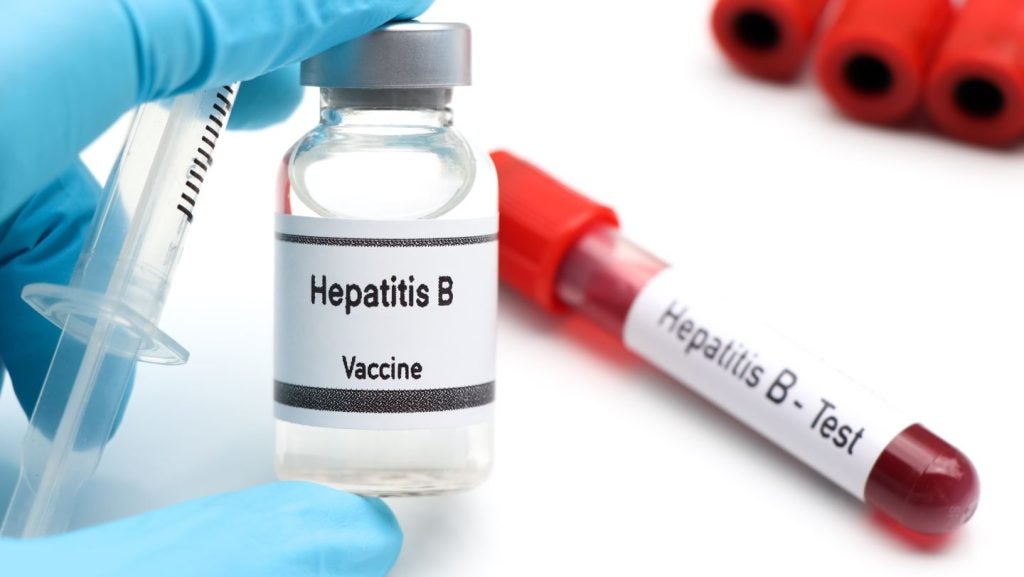Considering the average scale and timelines of clinical trials, efficiencies from new disruptive technology at any point in the trial has the potential to make a significant difference to the costs and outcomes of these projects.
Discussion around clinical technology over the past ten years has centered around clinical data (EDC) and supply (IVRS, CTMS). A host of vendors have launched tools in these areas, supporting a more integrated and automated clinical back-office for trials. A much more recent upstream development within clinical technology has been seen in electronic patient-reported outcomes (ePRO), and within this area of focus have emerged a host of new players.
The opportunity for electronic tools to support patient assessment and reporting outside of the trial environment promotes more efficient trial outcomes backed by more accurate clinical data. Current trial operations rely largely on patient visits to a clinic, which may or may not be convenient. Testing, outcome-reporting and vital measurements are completed during these visits, meaning heavy reliance of patients remembering and recording data, together with assumptions that within this environment, the patient is comfortable enough to give controlled and representative data.
New wave medical and clinical technology disruptors are demonstrating an ability to record patient vitals and key measurements regularly, in a more representative setting and what’s even more impressive is that many of these tools are less invasive that those used currently for clinical testing.
An example of the above is the newly announced Google Health-Tracking Band. The band, worn in place of a watch by a patient, differs from its assumed competitors (Apple Watch, Fitbit) in that it is a prescribed device from doctor to patient, which is pre-set to continuously measure and record vitals relevant to the trial in question. For a large number of clinical trials this type of device could have significant impact on patient retention, and even recruitment into trials, a complex and challenging part of the trial start. Through minimising patient visits to clinic, reducing the number of invasive clinic-based tests and giving the patient direct, transparent access to their measurements and recordings, the Google Health-Tracking Band appears to have potentially significant benefits to trial sponsors, as well as patients.
Technology for similar outcomes in simpler, non-invasive patient vital measurements is being developed by a team of EU researchers and industry partners. The Wize Mirror is primarily being described as a support for preventative medicine, by measuring key data from users on a daily basis within a very typical environment (in place of a bathroom mirror). However the Wize Mirror has the potential to support clinical studies in the same way as the Google Health-Tracking Band. With 3D scanners, multispectral cameras and gas sensors, the mirror has the capacity to measure changes in weight, skin tone, heart rate, haemoglobin levels, stress levels and more. This again supports the notion of measuring patient data more regularly in representative environments.
How well do you really know your competitors?
Access the most comprehensive Company Profiles on the market, powered by GlobalData. Save hours of research. Gain competitive edge.

Thank you!
Your download email will arrive shortly
Not ready to buy yet? Download a free sample
We are confident about the unique quality of our Company Profiles. However, we want you to make the most beneficial decision for your business, so we offer a free sample that you can download by submitting the below form
By GlobalDataThe current technology landscape and speed of next generation technology development is opening doors throughout the clinical trial process. A privately-financed biotech, Theranos, are looking to develop a tool which, once fully approved, could minimise spend for trial sponsors in laboratory testing and sample testing of patients in trials. Theranos have introduced a toolset which allows for reduced volume blood samples (a few drops in a microvial) to be tested at lower costs and in quicker timelines than the currently used central lab services by trial sponsors.
The central lab testing process has been respected as a fair service offering for clinical trials for years. However, the speed at which samples are tested, and results are obtained can be slow, perhaps one week or more per sample. For clinical studies, where every day added on to trial timelines results in losses in the millions of dollars, saving four to five days in the testing of each of the many samples within a clinical trial could result in enormous reductions in trial timelines. Ultimately, this service has the potential to save significant amounts of the clinical budget through the reduction in direct cost of service, together with the impact on trial timelines.
Many new disruptive technologies in the clinical space are being developed by non-traditional pharma players. Due to the eruption of IoT and cross-industry technological offerings, we should expect to see more devices and tools emerge from these players in the future. For trial sponsors, these clinical tools can only be said to support their goals; better trial outcomes and reduced trial costs.






